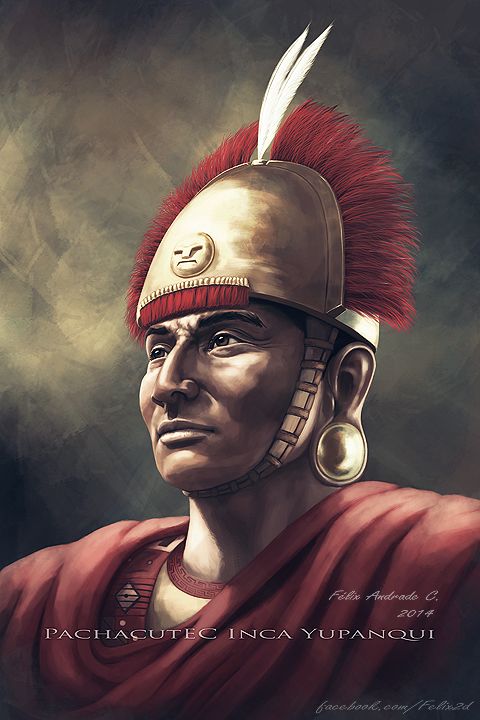
Pachacuti Inca Yupanqui defeats the Chanca
Machu PicchuPachacuti Inca Yupanqui, initially named Cusi Yupanqui, was born in Cusco in the palace of Cusicancha. He rose to prominence during an invasion by the Chankas, a traditional enemy of the Incas. Unlike his father, Viracocha, and brother, Urco, who fled, Pachacuti rallied the defenders and achieved a legendary victory that solidified his status among his people. After a confrontation regarding the ritual humiliation of captured Chanka leaders, which led to an unsuccessful assassination attempt against him by his father, Pachacuti ascended as the leader of Cusco around 1438.
Upon becoming the Sapa Inca, Pachacuti embarked on a series of reforms and military campaigns that transformed the Kingdom of Cusco into the vast Inca Empire, which spread across a significant portion of western South America. He is credited with conceptualizing and possibly building Machu Picchu as his estate and initiating the celebration of Inti Raymi, which honored the Sun God and marked the Andean new year.
Pachacuti’s military conquests included the Collao, surrounding tribes, and territories up to the coast, leveraging the strengths of his generals and family members. His governance was marked by significant urban and architectural developments in Cusco, reflecting the empire’s structure. He introduced the system of mitimaes, forced resettlements to consolidate and expand Inca control.
He designated his son Tupac Inca Yupanqui as co-ruler and successor, reflecting his preference for capable military leadership in governance. Pachacuti's reign ended with his death in 1471, leaving a legacy of expansion and centralized authority that characterized the peak of the Inca Empire. His contributions to Inca culture, administration, and expansion underscore his pivotal role in South American history.
